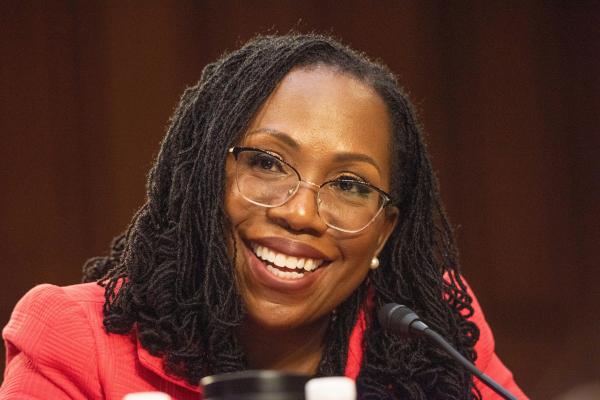Apr 4, 2022
Hawley's accusation that Jackson is soft on crime reveals a troubling perspective on people who enact harm. Hawley is one of several Republican senators who sorts the world into two types of people: People who are evil and, if given the chance, will commit horrific, reprehensible crimes over and over again, and people like the rest of us, people who need to be protected from the evil people. According to this line of thinking, ensuring this protection shouldn’t rule out the harshest measures of isolation and punishment the state can enact. We separate “them” from “us” by forever marking them as dangerous.
Read the Full Article

Already a subscriber? Login
